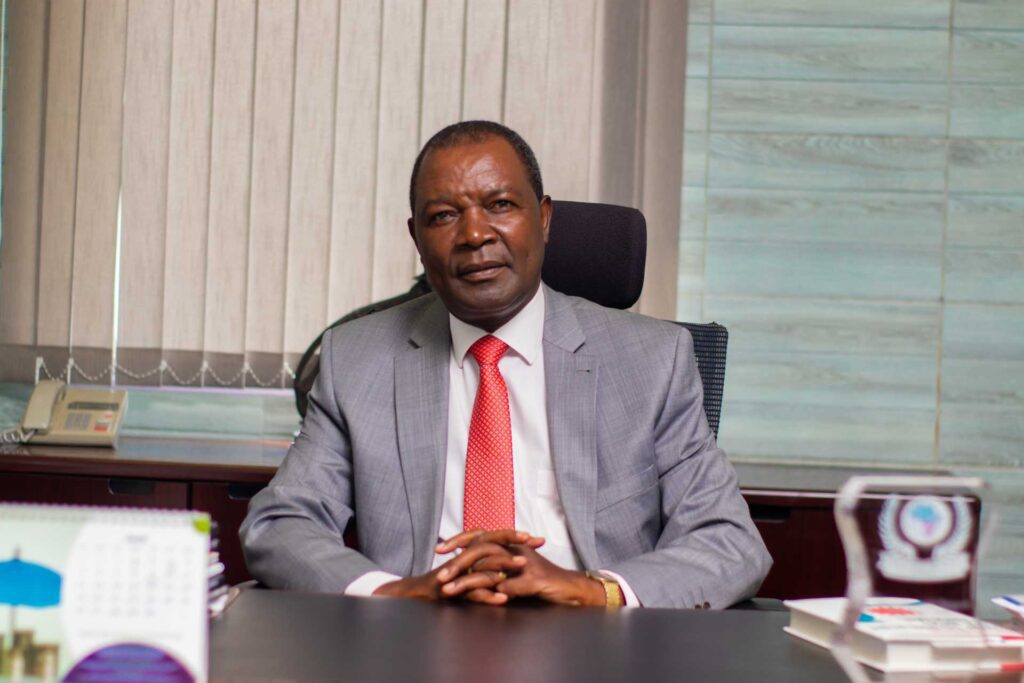Nairobi, June 20, 2024 – The National Treasury has issued a stark warning to Parliament regarding the fate of the 2024 Finance Bill, outlining dire consequences if its proposed amendments are not approved.
Treasury Cabinet Secretary Njuguna Ndung’u has projected a staggering sh.200 billion revenue shortfall for the 2024/2025 fiscal year should the bill fail to pass.
In a letter dated June 19, addressed to the clerk of the National Assembly, Ndung’u detailed sweeping budget cuts across various government departments should the Finance Bill’s revenue raising measures be rejected by lawmakers.
The Department of Energy faces the largest cut, with a proposed reduction of sh.21.7 billion, impacting crucial last-mile connectivity projects in constituencies nationwide.
Education is also set to suffer significantly, with the confirmation of Junior Secondary School (JSS) teachers under threat due to an anticipated sh.18.9 billion cut from the Teachers Service Commission.
The State Department of Higher Education is bracing for an sh.8.3 billion reduction, potentially affecting allocations to the Higher Education Loans Board (HELB).
Other sectors facing substantial cuts include infrastructure projects under NG-CDF and the State Department for Roads, each slated to lose sh.15 billion, as well as reductions in the fertilizer subsidy program and county equitable share, each seeing a sh.5 billion decrease.
Ndung’u emphasized the urgency of passing the Finance Bill to mitigate these severe financial implications, stressing that failure to do so could disrupt essential government services and development initiatives.
He also highlighted the broader economic impact, including potential setbacks in national infrastructure and public welfare programs.
The Finance Bill, currently under heated debate in Parliament, aims to raise sh.346.7 billion through increased taxation.
However, public outcry has already led to revisions by the Finance Committee, slashing proposed levies on items such as bread, motor vehicle circulation tax, and excise duty on vegetable cooking oil.
While the 2024 Appropriations Bill, which supports government expenditure plans for the fiscal year, has been introduced, its consideration hinges on the outcome of the Finance Bill deliberations scheduled for Thursday afternoon in the National Assembly.
The decision by Parliament on the Finance Bill will therefore be pivotal, determining not only the government’s fiscal policy but also its ability to meet crucial financial obligations and sustain developmental momentum across Kenya.
President Ruto Engages With Haiti Transitional Presidential Council
